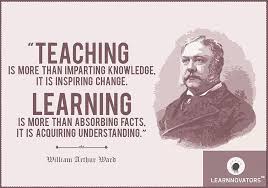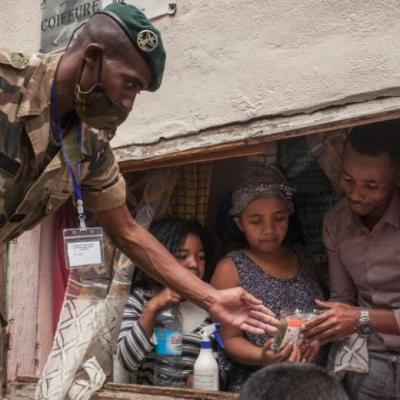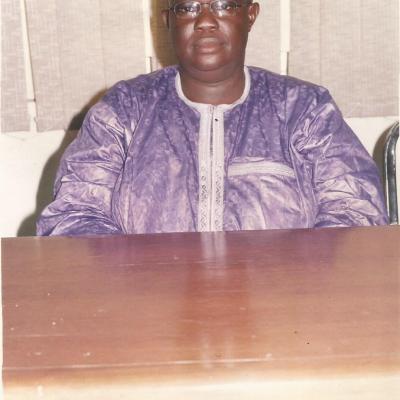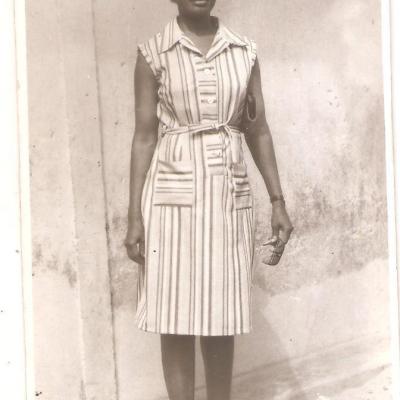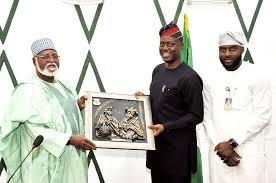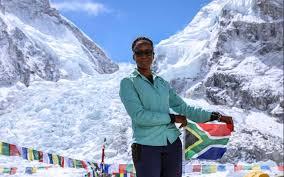- Home
- Leadership
Leadership
The Good, Bad and Ugly

Leadership examples around the globe
Prime Minister, Thaksin Shinawatra of Thailand/ Lieutenant General Suharto of Indonesia
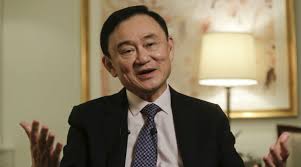
The Prime Minister of Thailand between 2001 and 2006,Prime Minister, Thaksin Shinawatra of Thailand, mismanaged and frittered away the country's resources, running into billions.
The country's Assets Examination Committee indicted him for corruption and other illegal acts, including becoming extraordinarily wealthy after five(5) years of governance.
Shinawatra went into exile to Britain when corruption charges were about to be filed against him. While sojourning in Britain, he bought the Manchester City Football Club for $168 million.
You are visitor n° 




Attributes of Leadership 1/ Frederick Chiluba of Zambia/ Attributes of Leadership 2
Integrity, Sincerity and Honesty

An indiviudal who aspires to lead must be morally sound and straightforward in his or her conduct and speech, truthful, strictly fulfill promises and should be free from disguise and false pretence.
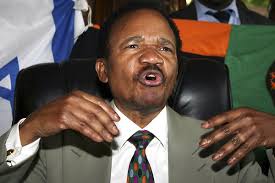
Frederick Chiluba ruled Zambia between 1991 and 2001.
Chiluba failed in his bid to run for a third term, even though he looted his country's treasury.
$58 million out of his ill-gotten assets in England were identified, confistcated and ordered to be returned to Zambia to assist the disilusioned and impoverished citizenry
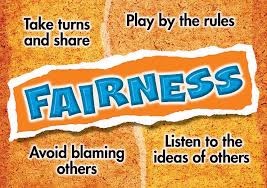
Fairness and Impartiality
Unnecessary criticism and condemnation by a leader, even though discreet inquiry reveals that what would aid good governance is not in place, are set backs.
Unguarded remarks , utterances and wreckless statements and comments amplify the leadership abilities of an individual, positively or negatively.
Sadly, the trend among leaders in most climes, is to take positions on sensitive issues without thoughtful analysis of available facts.
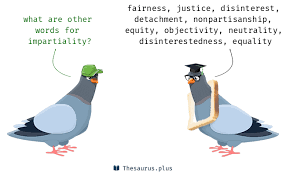
Indeed, paying attention to details and aspects considered to be irrelevant ensures a very high degree of intelligent fairness that is essential for success in leadership.
General Augusto Pinochet of Chile Attributes of Leadership 3
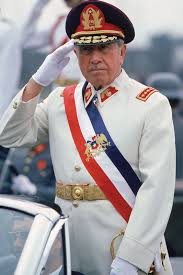
In 1973, General August Pinochet facilitated a coup d'etat, in which the Socialist President, Salvador Allende, was murdered.
In 1990, when General Pinochet ended his rule, the country's treasury had been greatly depleted.
He passed on to glory at the age of 91 on the 10 December, 2006, with charges of corruption trailing his death.
Courage, Self Confidence and Decisiveness

Courage : Courage is the state of mind of an individual, in times of danger and difficulties, with firmness and stability as guides.
It also involves the display of visible caution against avoidable risks.
The individual's action revolves on the strength of the character, sufficient to surmount the effects of fear, which is relegated to the background.

Self-Confidence : Self-Confidence is the belief in one's ability to accomplish tasks. An individual relies solely on his or her strength to successfully complete an activity without recourse to external influences.

Decisiveness : Decisiveness involves the ability to take decisions promptly and permanently, without resort to procrastination or contemplation.
An individual does not reverse his or her decisions once taken.
Ferdinand and Imelda Marcos of Philippines / / Attributes of Leadership 4-Knowledge
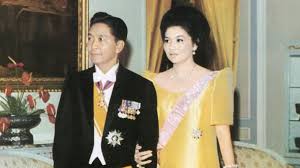
The Philippines is among the poorest countries in the world.
Between 1965 and 1986, during which Marcos called the shots, he, alongside his wife, frittered away billions of the country's money meant for governance.
Imelda, the first lady, was the proud owner of the largest women's wardrobe in the world, which featured five thousand(5,000) pairs of ladies' shoes.
The President and his wife bought mansions in major cities of the world and invested in top-rated multi-national companies around the globe, even though the citizens of the Phillipines remained in the firm grip of hunger and poverty.
When Marcos and his wife were forced out of office, after which an unspecified number of corruption cases were brought against them.

Virtually everything under the sun is simple, once an individual knows and understands all the facts about the issue(s) in question.
The teacher goes about his assigned duties professionally, displaying expertise and courage where necessary. This is because he possesses absolute knowledge of the eventual result of each action.
An individual who knows what is right from what is wrong, without doubt has the capacity and the ability to guide others transparently.
Attributes of Leadership 5-Experience/ / President Gnassingbe Eyadema of Togo

The definite foundation for courage in addressing crucial and fundamnetal matters in ensuring a background of success in solving a great number of relatively unimportant matters.
Decision making skills devoid of delay and intiative in implementing crucial decisions revolve on the wealth of experience an individual has garnered over time.
Experience is the basis of all that would be successful.
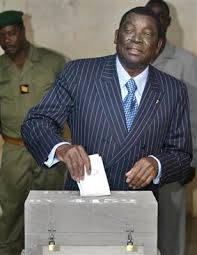
In 2002, President Gnassinbe Eyadema of Togo, ordered the release of 5000 prisoners.
174 of the prisoners were from Lome Civil Prisons, 82 from Kara in the North and 62 from Aneho in the South.
Although a cross section of Togolese citizens insisted that most of tose freed were political detainees, government stressed that they were common law offenders.
President Eyadema took over the reigns of power in a coup in 1967.
Attributes of leadership 6-Tact / /Mario Masuku of Swaziland
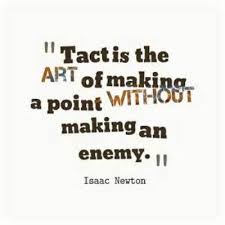
An individual with focus must possess the sensitive persecption of the feelings of the people, to serve as an input to do the needful, graceful and considerte things in every situation.
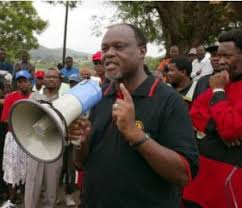
In 2002, Mario Masuku, leader of the Peoples United Democratic Movement(PUDEMO) advocated for the abolition of the absolute monrachy in Swaziland, while canvassing for a constitutional government as a suitable replacement.
Masuku, then 51 years old, made this call, momemnt after he was freed over charges of treason. He had spent 12 months in the high security prison ''Tinkhundla''.
At this period, King Mswati ll was the Monarch of Swaziland.
Political parties and political demonstrations were illegal, then, in Swaziland.
Gerard Schroeder/ /Attributes of Leadership 7-Enthusiasm
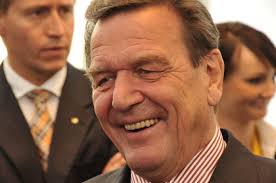
In 2004, German Chancellor, Gerhard Schroeder, resigned the leadership of his political aprty, Social Democratic Party(SDP) trailed by criticisms of his welfare reforms programme.
Schroeder had insisted that hsi administration would not change driection, following mass protests by the opposition party.
He also resigned as the party Chairman as a result of complaints to the party over freeze on pensions and the introduction of medical fees.
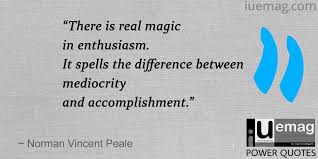
Enthusiam is an intense and eager interest in and devotion to a cause, a pursuit or an ideal.
An individual possesses a state of mind that does not surrender readily to difficulties, but overcome them.
A leader must possess enthusiam. Little can be accomplished in leadership without it.
Genuine interest, knowledge and achievement are crucial in creating enthusiam in leadership.
Liberia and Burkina Faso/ /Attributes of Leadership 8-Curiosity, Observation and Open mindedness
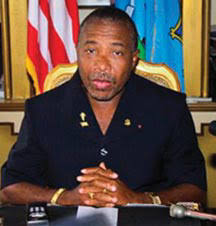
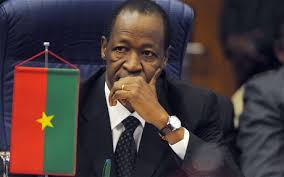
In 2003, Preisdent Charles Taylor was indicted by the longstanding and discreet investigations into the activities of Al-Qaeda, the terrorist network funded by Osama bin Laden.
The investigations revealed that Mr. Taylor received one million dollar payment for facitilating the accommodation of Al-Qaeda operaives i the region for at least eight weeks after the September 11, 2001 attacks on New York and the Pentagon.
The investigation also revealed that the terrorists were harboured in a protected area in Liberia, in addition to the presidential compound in neighbouring Burkina Faso by President Blaise Campaore.
Both Taylor and Campaore denied this.

Curiosity is the disposition to investigate, the desire to know everything about issues, a person or an object.
Observation is the faculty of taking notice, of recognizing and noting.
Openmindedness is the habit of thought that gives room for free consideration of all sides of any question, without permitting fixed notion or prejudices to influence decisions unduly.
The ideal combination of these traits ensures that the leader knows the way and shows others the way.
Uruguay/ /Attributes of Leadership 9-Judgment/ Chad / Commandments of Teaching-4
 In 2004, 64 year old Tabare Vazquez became Uruguay's first leftist President. Vaquez won with 50.7 per cent of the total votes cast.
In 2004, 64 year old Tabare Vazquez became Uruguay's first leftist President. Vaquez won with 50.7 per cent of the total votes cast.
Uruguay joined the ranks of South American nations, Brazil, Argentina, Chile and Venezuela that have opted for left-leaning leaders on the platform of alleviating poverty, trailed by a decade of U.S backed free market policies that often ended in economic chaos.
Vaquez's 33 year old Broad Front Coalition-including Socialists, Communists, Social Democrats and a highly popular fromer guerrilla-also secured majorities in both houses of congress.
 The ability to exercise sound judgment is crucial to the success of a leader in every phase of assigned tasks.
The ability to exercise sound judgment is crucial to the success of a leader in every phase of assigned tasks.
A leader must constantly make decisions as it relates to people, methods and materials.
The correctnees of a reasonably large proportion of these decisions determines the succcess of a leader.
Common Causes of Poor Judgment
1)Failure to obtain all the facts.
2)Failure to consider each fact on its merit.
3)Giving room for feeling or emotion to exercise undue influence.
4)Lack of practice in making judgments.
Practice goes a long way in developing the ability to make accurate judgments.
 In 2005, Chad adpoted stringent measures to cut cost.
In 2005, Chad adpoted stringent measures to cut cost.
Chad's Finance Minister then banned other government Ministers from travelling abroad on business trips, as a step towards cutting costs. The ban did not, however, affect the Finance Minister and three other senior Ministers.
The decision came on the heels of crippling strikes over the non-payment of salaries in the country's capital, N'Djamena
President Vaclar Havel of Czech Republic/ / Attributes of Leadership 10-Thoroughness

In 2003 the President of Czech Republic, Vaclav Havel decided to step down at the end of his constitutionally backed 12 year tenure.
At the time Havel steepded down, there was no particualr successor to take over from him, however, two officials filled the President's office until a new leader was chosen.
Havel had in 1989 been jailed for nine months. He was the leader of the Velvet Resolution that facilitated the freedom of Czechs and Slovaks.
Before the division of Czechoslovakia in 1993, Havel was President and after the division he led Czech.
Havel was who was 66 then, said moments before his resignation : ''I feel with leaving office, I will enter a new realm of greater freedom than I had had..... and I will speak more freely''.
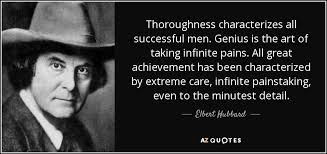
Thoroughness involves accomplishing a task without omitting any essential part or detail.
A leader must be thorfough in planning and executing details of the plans.
Many leaders fail because they do not follwo through what they have started.
These leaders launch a programme of improvement, are very enthusiastic about it for a period of time ; afterwards, long before the project is complelted, abandon it for something new.
Carlos Mesa of Bolivia/ / Attributes of Leadership 11- Resourcefulness, Ingenuity and Originality
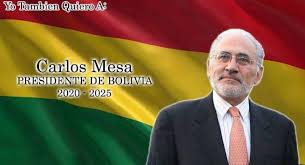 In 2005, President of Bolivia, Carlos Mesa resigned after weeks of demonstrations against his administration.
In 2005, President of Bolivia, Carlos Mesa resigned after weeks of demonstrations against his administration.
Bolivia, then with a population of 9 million, had for several years been one of South America's poorest countries, which had kept afloat through international aid.
Bolivia's history has been characterized by about 200 coups and counter coups, after it gained independence from Spain in 1825.
In his resignation speech, Mesa said '' I am here to say, I can't go further. It is my decision to present my resignation as the President of Bolivia''.
''It is a resignation that has one objective and that objective is to let Bolivia people know that this is genuine''.
Meas became President in 2003 after as bloody revolt over free market economic policies forced his predecessor, former President Gonzalo Sanchez de Lozada to flee the country.
 1)Resourcefulness means the capacity to identify and adapt methods to accomplish outlined desired plans.
1)Resourcefulness means the capacity to identify and adapt methods to accomplish outlined desired plans.
 2)Ingenuity refers to the ability to devise more effective methods for addressing situations.
2)Ingenuity refers to the ability to devise more effective methods for addressing situations.
 3)Originality refers to ways of accomplishing tasks, which have never been put to use, earlier, in the solving of particular problems.
3)Originality refers to ways of accomplishing tasks, which have never been put to use, earlier, in the solving of particular problems.
These attributes , to an extent could be described as natural traits of an individual and not subject to very considerable development. Knowledge and practice go with the attributes.
President Mahmoud Ahmadinejad of Iran/ / Attributes of Leadership 12-Coordination, Strategy and Execution
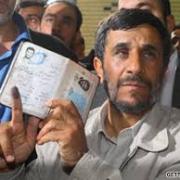 President Mahmoud Ahmadinejad was sworn in on Wednesday, August 5, 2009 for a second term of four years as the President of the Islamic Republic of Iran.
President Mahmoud Ahmadinejad was sworn in on Wednesday, August 5, 2009 for a second term of four years as the President of the Islamic Republic of Iran.
This was possible as a result of the victory of President Ahmadinejad in the June 12 Presidential election. He won with over 62 per cent of the total votes cast, even though his challenger, a former Prime Minister, Mir-Houssein Mousavi argued that Ahmadinejad's victory was a political disaster to Iran.
Supporters of Musavi rejected the results and embarked on mass prostests.
The President, who was a unversity lecturer, abandoned his promises to the people, of eliminating hunger and poverty, in addition to revamping the economy, in his first term.
Even though, as at then Iran was and is still an oil producing nation, it experienced recurring budget deficits then. This was trailed by rising inflation, high rate of unemployment and scary high cost of living.
The president initiated and implemented policies without recourse to the Parliament, while simultaneously outlawing peaceful demonstrations, gatherings and any form of dissent at universities. He also sacked several academics.
Alleagtions of selective prosecution trailed the President's corruption fight, even though he compensated his loyalists with ''juicy'' political appointments, while merit and acceptable qualifictions were not prerequsities for political appointees.
Ali Kordan, who the President appointed as Interior Minister was disgraced out of office, for parading a fake degree from Oxford University.
Iran had strained relationships with advanced countries such as the United States of America and Israel, during his tenure.
 1)Coordination involves regualting and combining identified qualities, including various natural developments to form an harmonious whole.
1)Coordination involves regualting and combining identified qualities, including various natural developments to form an harmonious whole.
?
 2)Strategy referes to the maneuvering of situations to enable an individual's strongest traites come into prominence.
2)Strategy referes to the maneuvering of situations to enable an individual's strongest traites come into prominence.
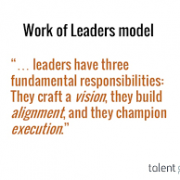 3)Execution means the arrying through to completion plans or programmes in view.
3)Execution means the arrying through to completion plans or programmes in view.
Take note that the possesion of all the attributues of leadership would be of no value, unless these attributes are palced correctly into a harmonious wholwe, the whole is made us of, to accomplish wothwhile purposes.
Jean-Bertrande Aristide of Haiti / / Commandments of Teaching 1(Know the subject yourself)
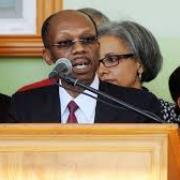 Jean-Bertrande Aristide submitted his presidential application form on the last day of registration in 1990 and when the presidential elections came up, Aristide emerged victorious with 67 per cent of the total votes cast.
Jean-Bertrande Aristide submitted his presidential application form on the last day of registration in 1990 and when the presidential elections came up, Aristide emerged victorious with 67 per cent of the total votes cast.
President Aristide ran a government of change, overhauling the corrupt civil service, the military and other decayed institutions in Haiti.
But in 1991, a military coup forced Aristide to exile. He was in Washington in the United States of America for 1,111 days, before he negotiated his return to power.
He returned to power on 5 October, 1994 to complete his tenure-16 months-he was, however, not qualified to immediately run for another term.
In 2000, Aristide decided to contest for President again. The election paved the way for the crisis that resulted in his ouster.
Opposition leaders boycotted the election, on the grounds that Aristide had earlier on, in the same year, rigged the Parliamentary election, in addition to the allegation of making using of armed gangs to terrorize opposition supporters.
President Aristide's ouster was greeted with sighs of relief all over Haiti.
Not long after, he fled the country, his countrymen and women celebrated on the streets, expressing joy over the exit of an unpopular President.
The Chief Justice of Haiti, Alexandra was installed as the interim President, a day after Aristide resigned
 It is imperative that the Teacher must know clearly, accurately and completely that which he or she plans, prepares and puts together to teach.
It is imperative that the Teacher must know clearly, accurately and completely that which he or she plans, prepares and puts together to teach.
`
Uganda / Commandments of Teaching-2(Undivided Attention)/Philippines/ Commandments of Teaching-3(Make The Learner Curious)
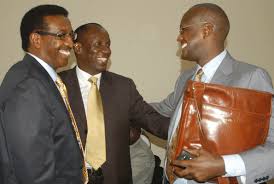
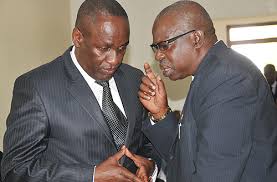
In 2007, Uganda's former Minister of Health, Jim Muhwezi was charged with embezzlement and abuse of office.
Muhwezi voluntarily presented himself to the police, on arrival back to Uganda from overseas. He, however, denied the charges against him.
Muhwezi, alongside two other former Ministers, Mike Mukula and Dr. Alex Kamugisha and one other, were charged with the alleged gross misuse of a $4.3 million fund for children's vaccinations.
The three former ministers were also mentioned in the mismanagement of funds granted to Uganda by the Global Fund to fight AIDS, Tuberculosis, and Malaria.
Muhwezi had always been a close associate of the President.
 Those who intend to impart knowledge must have the full attention of others, there must be no distractions.
Those who intend to impart knowledge must have the full attention of others, there must be no distractions.
All that is required to impart knowledge must be within reach.
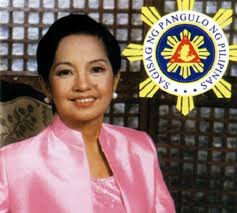
In 2005, President Gloria Macapagal faced the allegation of election fraud. This prompted a lawmaker to support an impeachment move against her.
The lawmaker, Rodanete Marcoleta disclosed that he supported the President's im[peachment, which emanated from the complaint filed by a private lawyer, Oliver Lozano, for ''betrayal of public trust'', one among the several grounds for impeachment.
However, a special committee was put in place to look into the substance of the complaint before it could be referred to a 250 member parliament, after which it required the support of one-third of the members before it could be passed to the Senate.
However, opposition congressman, Francis Escudero expressed reservation over the endorsement of the hastily filed impeachment complaint by Marcoleta.
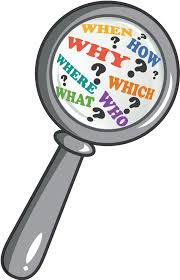 Arouse the curiosity of the learners to know more about what you have to impart.
Arouse the curiosity of the learners to know more about what you have to impart.
Once the learner is curious, to know the subject, then the learner will easily access the information.
There should a balance between arousing interest and giving information.
Project the focus of the subject from the outset and keep it projected
Last edited: 01/09/2023


